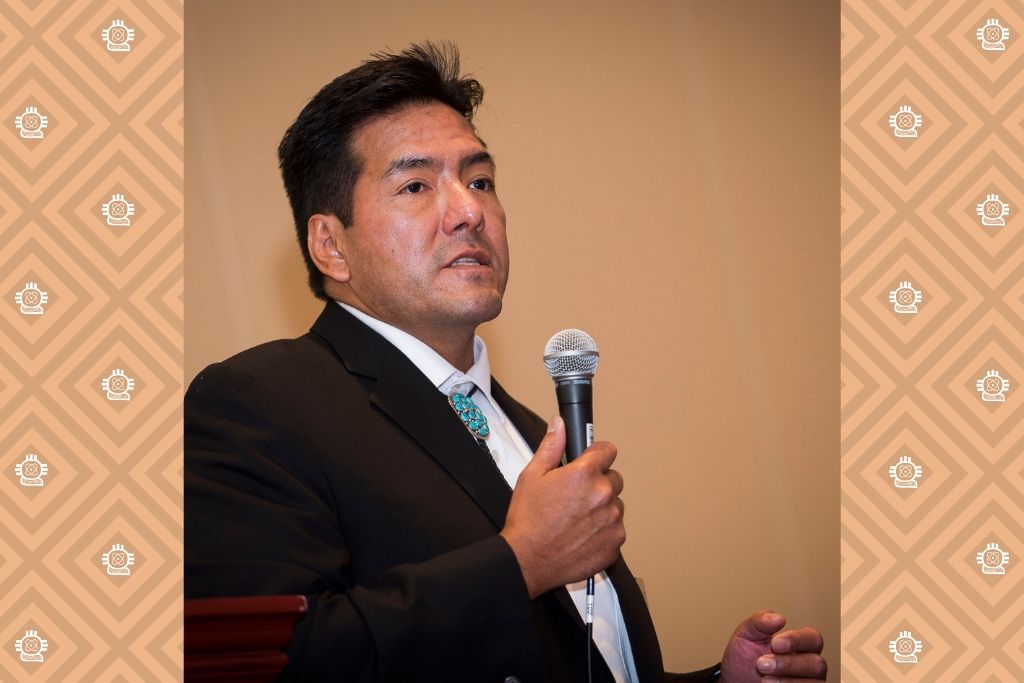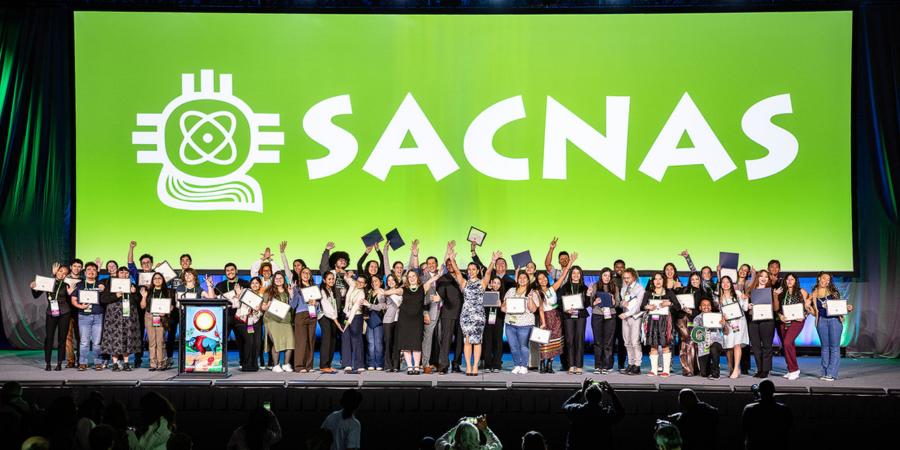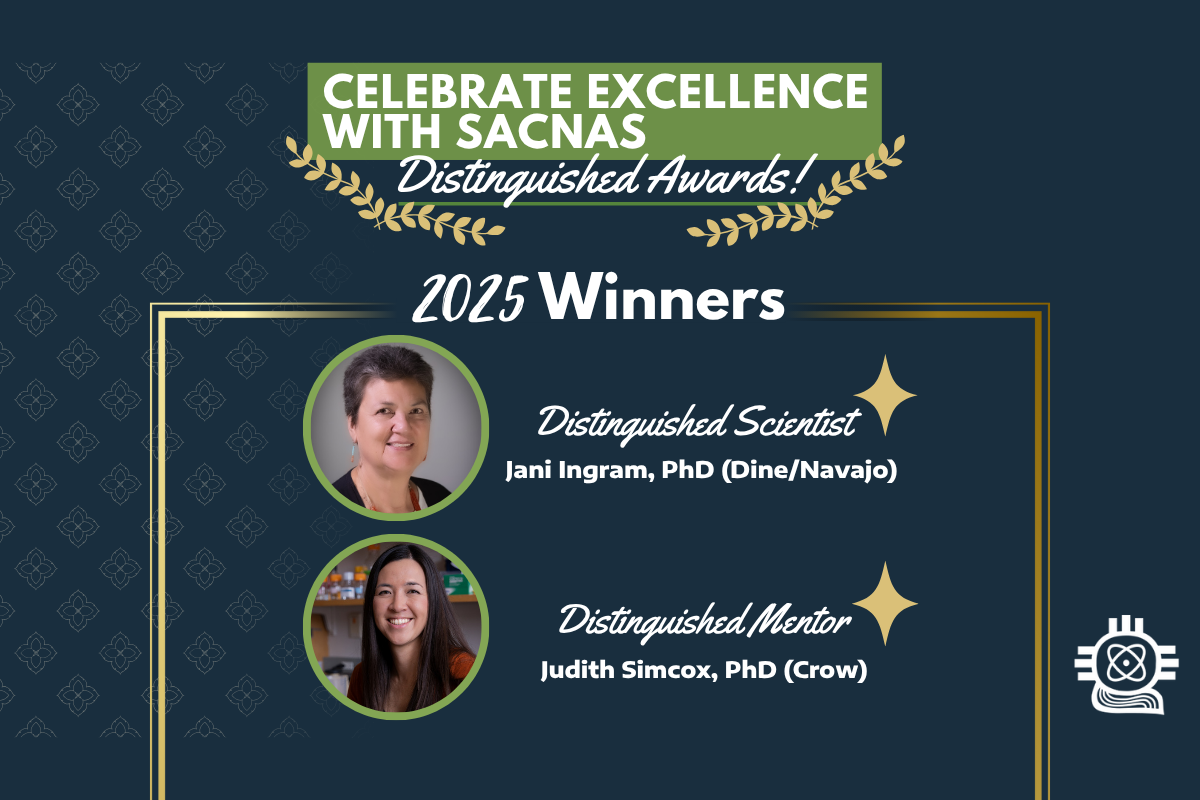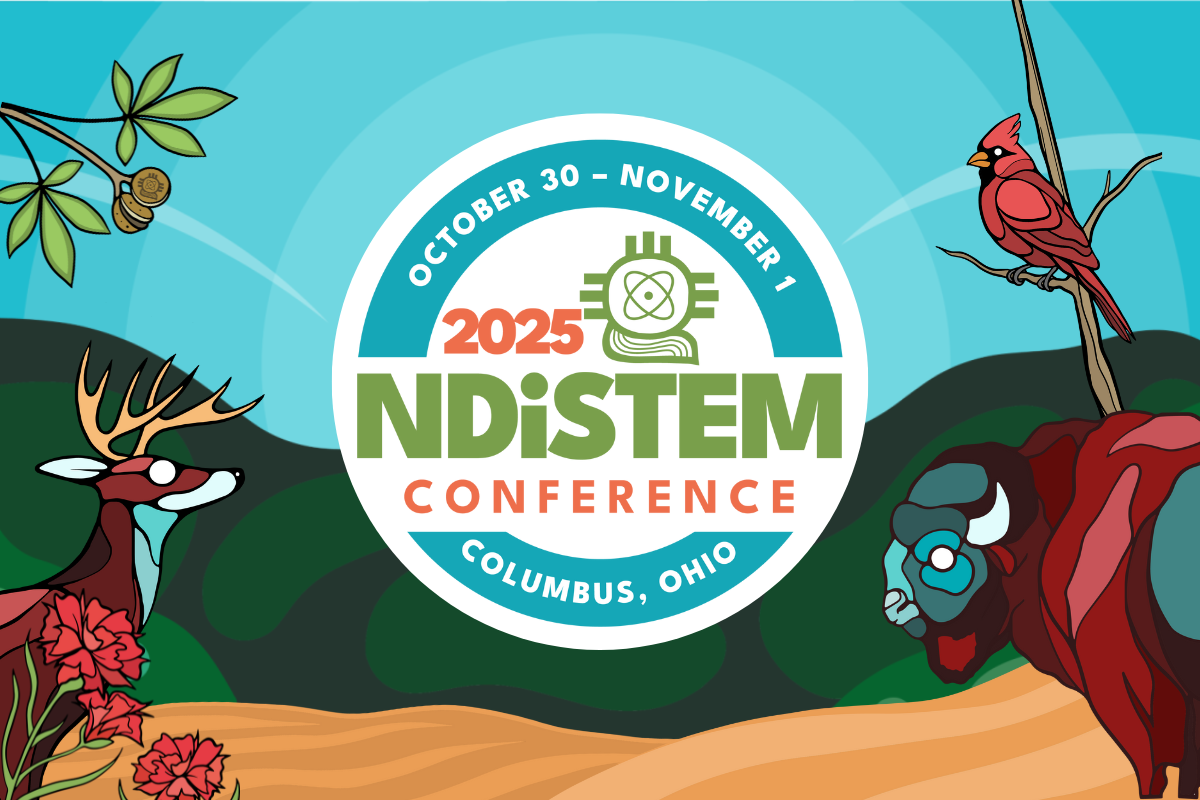WASHINGTON, D.C. – Earlier this month the Navajo Nation announced a data-sharing and use agreement facilitated by the National Institutes of Health (NIH). This agreement enables the Navajo Birth Cohort Study (NBCS) to continue as a part of the NIH’s Environmental influences on Child Health Outcomes (ECHO) Program, an extensive cohort of investigators that study the effects of early environmental influences on child health and development. The NBCS is currently involved in a study led by the University of New Mexico, Albuquerque to understand the relationship between uranium exposure, birth effects and childhood development on the Navajo Nation. While the agreement provides ECHO consortium members access to NBCS individual participants’ data, it does not provide access to biospecimens and genetic data. This limited access honors the rights of the Navajo Nation to decide what data to share and who has access. Navajo Nation had previously put a moratorium on genetic research in 2002 as a result of a landmark lawsuit brought by the Havasupai Tribe over donated blood samples for diabetes research that were subsequently used for other purposes they claim violated their customs and religious beliefs.
“SACNAS is encouraged by the historic achievement reached by the Navajo Nation and the NIH grantees, an achievement that is positive on multiple fronts. First, this agreement signals the NIH’s commitment to respect the customs and sovereignty of Native Americans and creates a new path forward for other tribal nations to discuss their participation in biomedical research. Second, for science to guide the development of adequate and effective solutions that address the complexities and challenges we face as an increasingly diverse nation, it needs to be reflective of the whole population. This concept is exemplified by the ability of Dr. David R. Wilson (Diné) to facilitate the agreement. The Navajo Nation data-sharing agreement will not only help improve the health of mothers and children in Navajo Nation, but across the nation. We are extremely proud to recognize Dr. Wilson’s expertise and efforts,” said SACNAS President Dr. Sonia Zárate.
The historic data-sharing and use agreement was the result of a two-year discussion facilitated by the NIH. Dr. Wilson, former SACNAS Deputy Director of American Indian Affairs and Science Policy and current Director of Tribal Health Research Office at the NIH, took part in making this groundbreaking agreement a reality.
“Seeing this data-sharing agreement come to fruition from the hard work and determination of so many has been truly gratifying,” said Dr. Wilson. “Tribal nations recognize that their participation in biomedical research stands to benefit members of their community, but want to ensure that Tribal sovereignty, cultural beliefs and community values are respected and considered when collaborating in the research.”
“The NIH is incredibly fortunate to have a leader with the scientific and cultural experience of Dr. Wilson directing the NIH’s Tribal Health Research Office. Tribes have been justifiably reluctant to participate in research even when it might benefit their members. Dr. Wilson’s credibility— built on personal experience honed through his work at SACNAS and the Indian Health Service, as well as participation in leadership programs such as the Linton-Poodry SACNAS Leadership Institute (LPSLI)— helped him facilitate a thoughtful reconsideration of a tribal policy of nonparticipation in genetic research,” said Dr. Clifton Poodry (Seneca), SACNAS elder and long-time mentor of Dr. Wilson.
About SACNAS
For more than 45 years, SACNAS has served as an inclusive organization dedicated to fostering the success of Chicano/Hispanics & Native Americans, from college students to professionals, in attaining advanced degrees, careers, and positions of leadership within STEM.
Today, the organization serves a growing community of over 20,000 supporters, 6,000+ members, and 115+ student and professional chapters throughout the United States and Puerto Rico. SACNAS influences the STEM diversity movement through STEM outreach & advocacy, promotion of STEM leaders, and The SACNAS National Diversity in STEM Conference. Learn more about SACNAS at sacnas.org, Facebook, or Twitter.
CONTACT
Yamila Pino; yamila@prosperolatino.com; 202-660-1433



